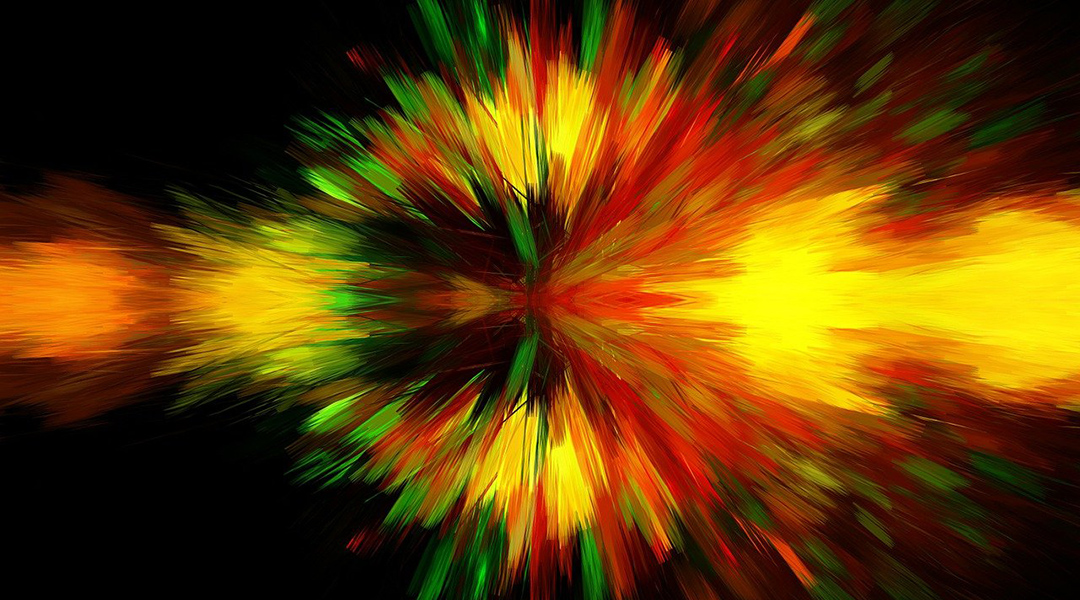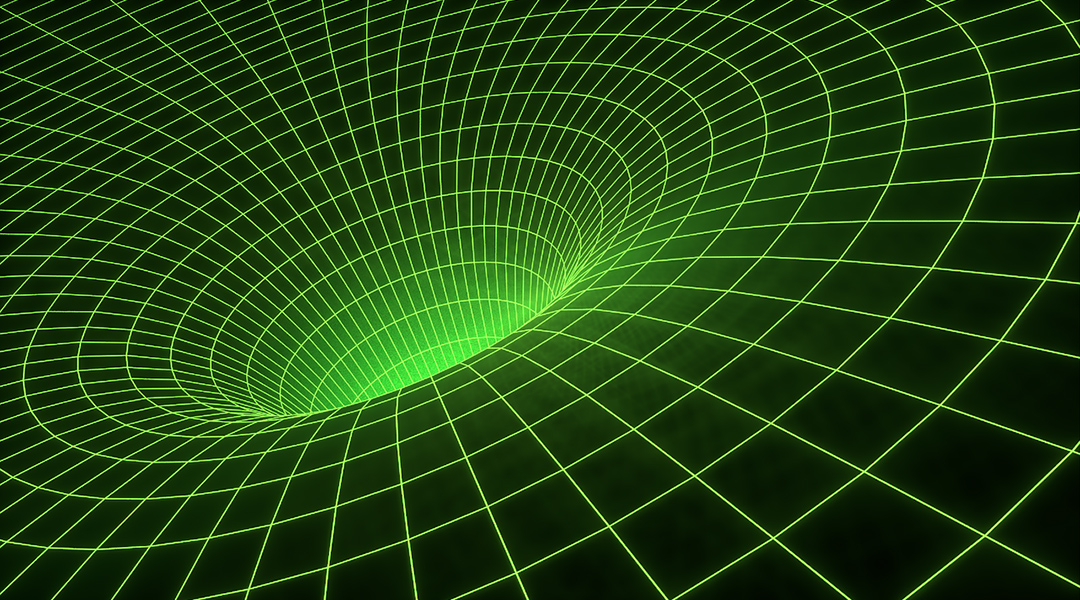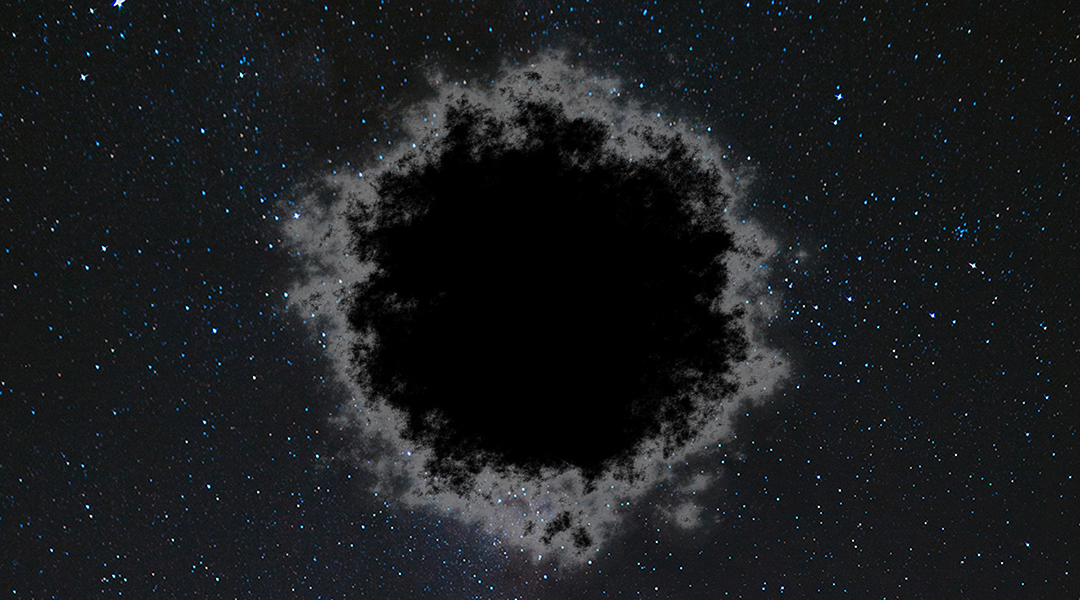The math of multi-particle entangled systems is fiendishly complex, but researchers have made a step forward.


The math of multi-particle entangled systems is fiendishly complex, but researchers have made a step forward.

Promising candidates for efficient future electronics, researchers are exploring these exotic materials for better computer memory, hard drives, even quantum computers.

Fermions forming pairs? It’s just a matter of getting the conditions right.

Astronomers have observed neutron stars that emit more energy than is theoretically possible, and now an explanation might be in the works.

Scientists have been unable to observe phasons with mass, but a team of physicists have finally managed it.

A new experimental technique could push the capabilities of particle accelerators in exploring the subatomic world.

To address unknown quantum gravitational effects in the early universe, physicists have recruited string theory to help solve the problem.

Scientists have turned to string theory to better understand black holes, proposing they can be modeled as “fuzzballs” made up of interacting strings.
Could a new understanding of silicon surfaces someday revolutionize semiconductor technologies?

A reality-rooted perspective on “explainable AI” and what this means for the future of the field.